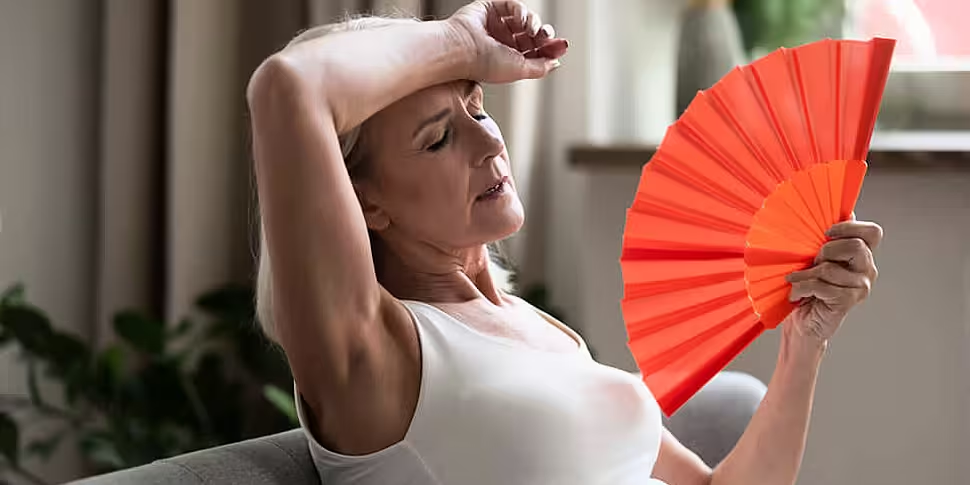Portraying menopause as a “deficiency” that requires treatment is ageist and sexist, according to the authors of a new paper.
The British Medical Journal paper authored by four experts in the field notes that menopause is a natural event for half of humankind – but the experience varies considerably between women.
The paper notes that some women with severe symptoms can benefit from hormone replacement therapy (HRT); however, the majority consider menopause a natural process and “prefer not to take medication”.
The authors warn that the current narrative around menopause is leading women to expect the worst – which can sometimes directly affect their experience because “women with negative expectations are more likely to have troublesome symptoms.”
The authors warn that the “ageist” narrative around menopause is being reinforced by the media and medical literature and is “often driven by marketing interests”.
On Newstalk Breakfast this morning, one of the authors, University of Melbourne Obstetrics and Gynaecology Professor Martha Hickey outlined her position.
“The position from this paper is that we need to be very careful about recommending that all women need to have HRT,” she said.
“We also need to recognise that this is a normal event for women and while some women do have a difficult experience and troublesome symptoms, most women are fine.”
Symptoms
She said that, while up to 70% of women experience menopausal symptoms, a far smaller proportion experience severe symptoms.
“Up to 70% of women have some kind of hot flushes,” she said. “That doesn’t mean that’s a problem for them and it certainly doesn’t mean it’s something they want to take treatment for.
“A proportion of women have severe symptoms and may want treatment. That proportion is about 15% of women – so it is a relatively small proportion.
“Even some women who have got bad symptoms don’t want to take treatments because there are limitations to the treatments that are available – they may not work, or they may have other side effects.
“So, the majority of women go through menopause without the need for treatment. I am not saying they have no symptoms. It is a bit like pregnancy. All of us go through changes in symptoms, it doesn’t mean we want to take medication for them.”
Choice
Professor Hickey said Ireland does not keep clear figures on the proportion of women that opt for HRT – but the proportion in the UK and the rest of the world remains low.
She said there are two main reasons a woman might choose not under HRT – firstly there are “very small” risks of side effects and secondly, the symptoms can return as soon as they stop taking the medication.
“When you stop, your symptoms often come back,” she said. “You might be just deferring it and that does happen.”
You can listen back here:









